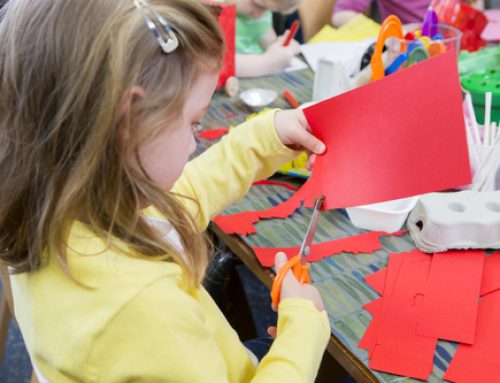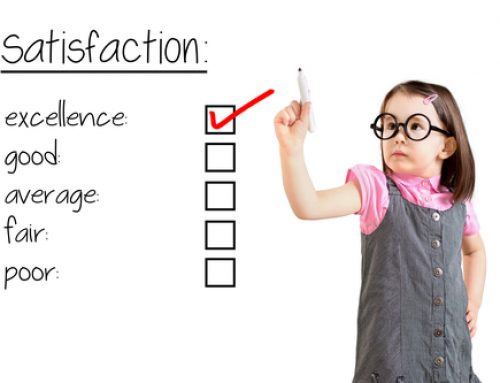 “Intentionality is about educators being able to explain what they are doing and why they are doing it”1.
“Intentionality is about educators being able to explain what they are doing and why they are doing it”1.
The following questions are designed as a starting point to consider and provoke thought around intentional teaching practice. They may be used to assist with documenting intentionality or in professional conversations to challenge current pedagogical practices.
These questions have been formulated from the Interpreting the Early Years Learning Framework: A guide for educators 2.
- Did you model a new skill and allow opportunity for children to practice the skill?
- Was a child challenged to extend their understanding or learning? How was questioning used in this context?
- Was there an instance or an opportunity for collaboration between the educator and child? Was a child given the opportunity to take the lead during the activity?
- How was encouragement used to support and motivate a child during a task?
- Was an item/area of interest identified where children could further explore or investigate?
- Was there sufficient opportunity for children to use their imagination and creativity to investigate, or hypothesize and express themselves? If not was the activity too restrictive? If so how could the activity be modified for in the future to encourage imagining?
- Was explicit teaching practice necessary during the activity? What instruction was given? What were the circumstances? Was this appropriate for the situation or activity in hindsight?
- As an educator were you active in listening and creating authentic, meaningful shared conversation? Were children encouraged to lead conversations?
- Were connections made for children by comparing and contrasting ideas? What was the context and content of the connections which were made?
- Was there a need to negotiate due to conflict? Was the educator able to provide scaffolding to allow children to see another side to the argument or issue? Was a resolution reached? How was the issue finally resolved?
- Are the children you are working with viewed as capable and competent? Are there provisions in the program or activity to provide choice to encourage autonomy and agency?
- Is there an opportunity to extend the activity through further investigation? Would further research solve any unresolved issues encountered during the activity?
- Do you encourage children to ask questions? How do your responses to questioning encourage or discourage further inquiry?
- Are children involved in reflective practice about an activity or an outcome? Can a child build upon prior learning by revisiting and thinking of alternate possibilities?
- What was your understanding of a child’s ability prior to the activity? What steps did you use to provide a supportive framework to move forward and attain a higher level of achievement?
Summary
The National Quality Standards (NQS) require educators to be intentional teachers, to be “deliberate, purposeful and thoughtful in their decisions and actions” 1.
Intentional teaching requires educators to challenge children’s ideas and provide opportunity for extending those ideas; to involve others in collaborative tasks; to be encouraging and supportive; to provide scaffolding and to be active listeners; to make connections, to explain, to investigate, to co-construct, to develop hypotheses and test them; to provide choice, to give instruction and to model relevant skills. It is through these interactions, a child learns and so does the educator.
Have you got intentionality in your practice?
References:
- Australian Government Department of Education, Employment and Workplace, Educators My Time Our Place, Educators’ Guide to the Framework for School Age Care in Australia. p. 42 & p. 85
- Australian Government Department of Education, Employment and Workplace Relations 2009, Interpreting the Early Years Learning Framework: A guide for educators, Draft for trial, April, pp. 35–36.








